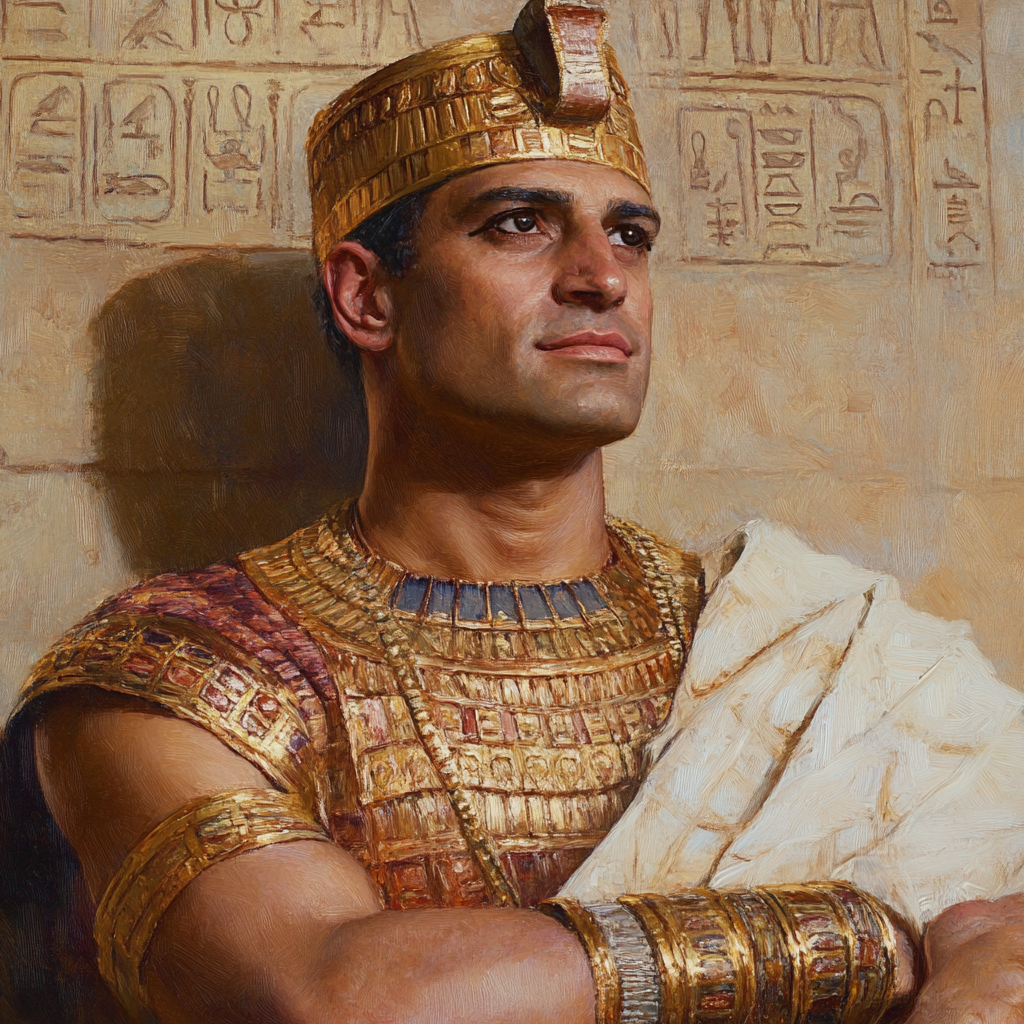 I had a reality check recently. I was trying on garments in a dressing room with a big mirror and bright lights. Ouch! My first thought was, “Oh, no! I didn’t realize it was this bad.” My second thought was, “My dear Husband sees this and loves me anyway. I should be so grateful.”
I had a reality check recently. I was trying on garments in a dressing room with a big mirror and bright lights. Ouch! My first thought was, “Oh, no! I didn’t realize it was this bad.” My second thought was, “My dear Husband sees this and loves me anyway. I should be so grateful.”
Humility is essential for good relationships. Humility allows us to receive grace from others. If we are blind to our weaknesses, we won’t appreciate it when others overlook them. We won’t embrace the grace given to us. If we recognize that we aren’t as smart, pretty, or skilled as we’d like to be, we welcome the kindness of others in accepting us as we are. If we think we’re wonderful, we will expect others to value us. If we are aware of our flaws, we’ll appreciate the love of others. And be more willing to overlook their flaws.
“Don’t be selfish; don’t try to impress others. Be humble, thinking of others as better than yourselves. Don’t look out only for your own interests, but take an interest in others, too.”Philippians 2:3-4 New LivingTranslation
All of us have had humbling moments like my dressing room experience. Let’s not run from them. Let’s embrace the humbling. It makes us more loving, more lovable humans. Every time someone has kindly (or unkindly) corrected us. Or made up for something we should have done. (With or without pointing it out) Or did a task better than we could have. Or modeled humility when they are exceptionally gifted. Or you realized you were wrong. (Gulp.) Or your kids and/or pet embarrassed you. Or you forgot something important. Or a bad habit prevented you from showing up. (Procrastination, laziness, fear). Allow these experiences to adjust your attitude. Let those experiences chisel away at the ugly, jagged edges of pride.
Pride can manifest its ugly self as ‘you should be glad to have me for your wife, family member, or friend because I’m smart, pretty, good at – fill in the blank.” Oh, we wouldn’t say that. But we secretly feel that we’re bringing a lot to the table. We can think of any number of reasons why others should value us. We’re wonderful in some way, so surely others should be glad to have us. But we aren’t the best judges of our strengths. Without realizing it, what we want to be and what we are is often vastly different. But when we acknowledge our shortcomings and also have a more realistic understanding of the limits of our strengths, we make much better partners, friends, and family members.
“ I give each of you this warning: Don’t think you are better than you really are. Be honest in your evaluation of yourselves, measuring yourselves by the faith God has given us.
Just as our bodies have many parts and each part has a special function, so it is with Christ’s body. We are many parts of one body, and we all belong to each other. In his grace, God has given us different gifts for doing certain things well. . .
Don’t be proud, . . . Don’t be conceited. Romans 12:3-6, 16
Take Moses, for example. His mother recognized that he was a special baby and risked everything to save his life from the Egyptian edict to eradicate male Hebrew babies. After being adopted by the pharoah’s daughter, he grew up as royalty receiving the best education in the known world. He became powerful in word and action. Some scholars believe he was in line to become the next Pharoah.
“Moses was educated in all the wisdom of the Egyptians and was powerful in speech and action.” Acts 7:22
He had reason to think highly of himself. But God couldn’t use him in that state. God humbled him by allowing him to be become an exile in a foreign country that didn’t place value on anything that Moses had accomplished. Instead of a respected, educated, privileged, prestigious member of royalty, he became a nobody. No family, no possessions, no skills appropriate to life among bedouins. He was stripped of everything he once valued. Except moxi – the first day he arrived at a settlement in the desert, he single handedly rescued some young female shepherds from a group of bullying male shepherds. God allowed Moses to be a nobody for 40 years before entrusting him with leadership. Moses displayed humility at the burning bush when he asked, “Who am I to bring the people out of Egypt?” He then begged God to send someone else to rescue his people claiming that he wasn’t good at speaking. This was the opposite of his attitude 40 years prior when he was eager to rescue his people and assumed they should recognize that God was using him when he boldly killed a slavemaster who was abusing them. Now that he was humbled, he was ready to do mighty things for God and his people.
Even after delivering his people, he showed great respect for his father-in-law who was neither an Israelite, nor an Egyptian, only a simple bedouin. Moses, who had faced off with the mightiest leader in the world and now the esteemed leader of millions, went out to meet him, bowed, kissed him and gave him a detailed report of all that had happened. Then Moses humbly accepted his advice about governing the people. His success didn’t come between him and his relative.![]()
“Now Moses was a very humble man, more humble than anyone else on the face of the earth.” Numbers 12:3![]()
I’ve been working on a project for a couple of weeks. As with many creative endeavors, it has taken a ludicrous amount of time. Several times in the process, I figured I was close to being done, only to realize that there was yet another issue that needed to be addressed. Then I submitted it to my mentor and lo and behold, she contributed her own genius to the project! Things I never could have accomplished. Thanks, Michele. I was convinced it was finished but then I remembered I had forgotten one last step in my workflow. Finally, I was satisfied. . . almost. There were a couple of little things that just niggled at me. I had to fix/improve them. I think that’s the way it is with our attitudes, specifically, humility. We work on being honest with ourselves about our shortcomings, and realistic about the limit of our strengths, but we always have room to improve. Each humbling experience brings us to a better place, as others give us grace, model humility, or give us reality checks. We just keep working on it.
All images were created with Ai by me.
Thank you Lorelei! ❤️
Hugs, sweet friend.
A mentor only shines a light on some part of you that had gone unexplored, and a teacher learns as much or more than their students. Humility is a funny thing. Half the time I wonder “am I good enough” and the rest sees me preening over some accomplishment that is hardly worthy of pride.
As one grows older (and more invisible to the world around them), it becomes easier to put things in perspective. One recognizes that the “bumps in the road” of life were actually street signs leading to a better place. Now, if they can just point me to a better me!
Being good at mentoring and teaching is not just a gift to the student, but a gift to the world! So grateful for your skill at pulling me upward. And I agree about the advantage of getting older and seeing in hindsight how what we thought were catastrophes were actually for our benefit. Each of us is a work in progress!
Well spoken
We all need to hear it again and again, don’t we? Humility isn’t our default!
Good words on humbling ourselves, an on going process. Do want to grow in that.
Being more loving and loveable by practicing humility makes for a better day.
Met a young man this weekend named Moses. Tall, strong, fit, but what I noticed more was a humble spirit.
Solomon his brother was there also. Mother Rebekah and sister Hannah. And more “Bible named characters ” at home.
Isn’t it impressive when we meet young people who already are learning humility?! They’re very winsome- loving and lovable. Great that he has a jump start on the lifelong journey of humility.